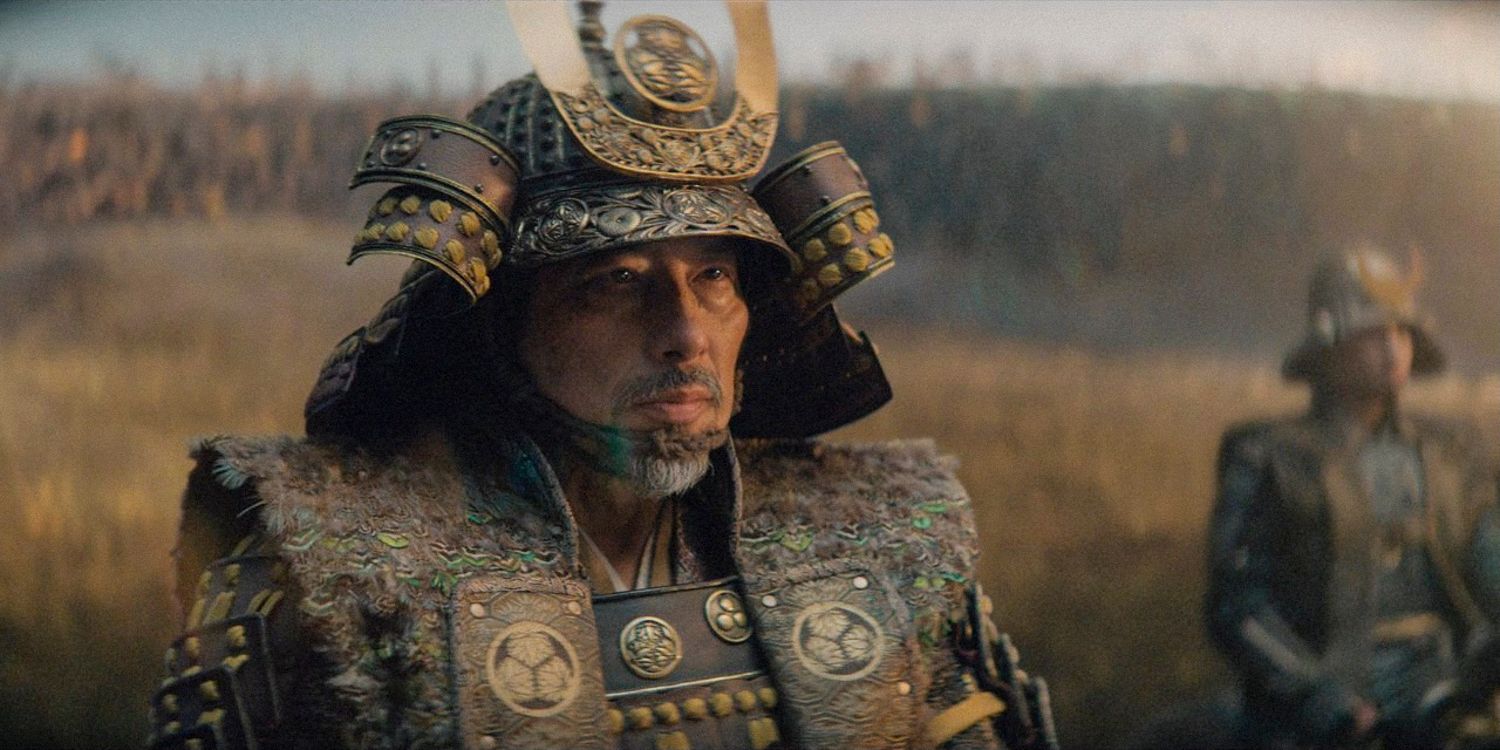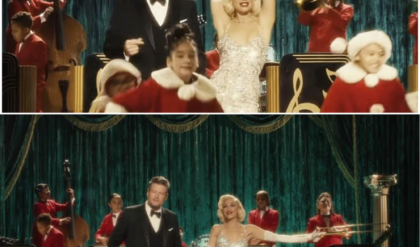Show creators Rachel Kondo and Justin Marks explain why Shogun episode 10 ends without showing the actual war between Toranaga and Ishido.
Show creators Rachel Kondo and Justin Marks explain why Shogun episode 10 ends without showing the actual war. An epic season of television wrapped up Tuesday with a stirring finale, as Toranaga’s plan to outwit Ishido and establish himself as the new shogun finally came to fruition. The final season 1 episode indeed focused on the resolution of Toranaga’s behind-the-scenes maneuvering, and on the personal journey of John Blackthorne, but ended without depicting the inevitable war between Toranaga and Ishido.
Ending Shogun season 1 without showing the climactic war audiences were anticipating might seem like a bold choice, but show co-creators Kondo and Marks don’t seem to think so, detailing why the show had to end the way it did given the source material and their budget, while dropping a relevant quote from the ever-wise Toranaga himself. Check out their remarks below (via THR):
MARKS: I think the book denies us this, too. And that’s what I really appreciate about the book is that you really, even turning the last page, you’re like, but what about…? And you realize it doesn’t matter if you’ve really understood what this story is trying to be. Never for a second in the writer’s room did we ever really say that we were after [a final battle]. Not because we couldn’t afford it — although we couldn’t. But because Clavell was not telling that kind of story.
KONDO: It’s that line from Toranaga: “Why is it always that the people who are so eager to go into battle are the ones who have never been in it?”
Why It Doesn’t Matter That Shogun Ended Before Toranaga And Ishido’s War

Kondo and Marks are correct in noting that Shogun was never really about epic action, but was more focused on intimate matters, intrigue and political maneuvering. Shogun has indeed been compared to Game of Thrones, but while Thrones was not shy about serving up dragon-fueled carnage alongside its own moments of palace intrigue, Shogun employed action sparingly, and always in service of its larger themes of honor and sacrifice.
Budgetary concerns played a role in how much action Shogun showed, as Kondo and Marks also make plain. Game of Thrones had no such restrictions, but too much freedom arguably contributed to the show becoming too action-heavy late in the game. Shogun never lost its narrative thrust, and it ultimately didn’t matter that audiences never saw Toranaga and Ishido’s armies throw down.





